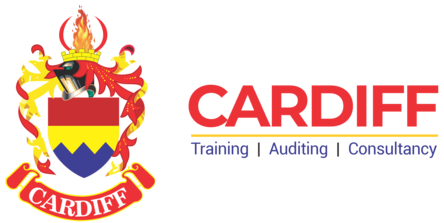Forklifts are commonplace around construction sites, warehouses and factories. But these powered industrial trucks can be deadly if used improperly, and they require respect and diligence for safe operation.
About 35,000 serious injuries and 62,000 non-serious injuries involving forklifts occur every year in the United States, according to the Washington State Department of Labor & Industries. Forklift operators at heightened risk of injury or death include those who:
- Have not been trained in the principles of physics that allow forklifts to lift heavy loads
- Are unfamiliar with how a particular forklift works
- Operate a forklift carelessly
- Use a forklift despite the machine having missing parts or unapproved alterations

Forklifts may be powered by batteries, gasoline, diesel or propane, and come in multiple sizes. Some forklifts have drawbars so they can pull weighty loads, and others have booms and attachments that allow them to lift heavy objects.
Regardless of the type of forklift, one thing holds true: All forklift operators must be trained. “An untrained forklift operator can be as dangerous as an unlicensed driver of a motor vehicle,” Washington L&I states, adding that “state regulations require the employer to ensure that a forklift operator is competent to operate the forklift he or she is assigned to use.”

